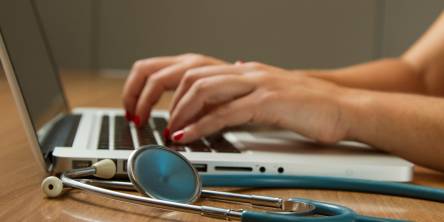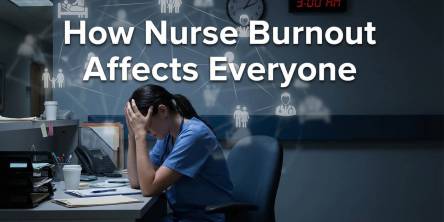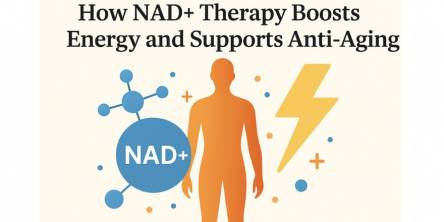How to Look After Your Health as You Get Older

As you grow older your health becomes more fragile and it becomes more important that you take care of your health. There are numerous ways that you can care for both your physical and mental health in later life, and in this article, we are going to share some of them with you.
Proper nutrition
Diet is extremely important for older adults. Fruit and vegetables should be an integral part of your diet as your age, preferably fresh, although frozen and canned are also good options. Leafy greens, broccoli, and other dark green vegetables should be part of your diet as well as orange vegetables like carrots and sweet potatoes. Vegetables are an important source of nutrition and should be part of any balanced diet.
Fish, beans, and peas are good sources of protein, and you should aim to have at least three ounces of cereals, bread, crackers, rice, or pasta each day, choosing wholegrains where possible. For dairy consumption, this should be three servings of low-fat or fat-free dairy (for example, in the form of fresh milk, yoghurt, or cheeses). These contain Vitamin D, which helps with bone health.
Regular check-ups
Speaking to your doctors and getting regular check-ups is important at any age. However, this becomes even more vital as you age. As you get older, your body, immune system, and even your mind become more fragile, so it’s vital that you are investing in your health.
If you are prone to getting sick or have existing conditions, then it would be wise to invest in private healthcare. This is going to allow you to get the best care whenever you need it so you can see the best doctors and get the best care whenever you need it.
Regular check-ups with your doctor will also help you to catch any potential problems before they arise or in their early stages so that you can be treated early on and lead a healthy and happy later life.
Keeping active
Exercise is extremely important as you get older as this is going to help you say healthy and maintain your independence as you get older. Many adults over the age of 65-year-old spend, on average, 10+ hours a day sitting or lying down. High levels of inactivity bring higher rates of falls, obesity, heart disease, and early death compared.
Adults in this age group should aim to get at least for at least 150 minutes (2 and a half hour) of moderate activity every week though you should ideally try and do some form of physical activity every day in 10-minute bursts.
There are non-intensive ways that you can get the necessary amount of exercises in later life, such as:
- brisk walking
- water aerobics
- riding a bike
- dancing
- doubles tennis
- pushing a lawnmower
- hiking
Stay social
Perhaps one of the most important things that you can do as you age is to stay social and keep up with your friends and family. Ageing leaves you vulnerable to social isolation and loneliness, both of which has been linked to increased risk of high blood pressure, heart disease, obesity, depression, cognitive decline, Alzheimer’s disease and more.
It is for this and other reasons that you should try your best to remain socially active in later life. Here are just a few ways that you can do this:
- Volunteering – will allow you to remain social, part of your community, and making friends with others your age
- Find a hobby – this will get you active and involved with activities that will keep you social, and your mind stimulated
- Travel – to broaden your horizons and allow you to see more of the world and meet new people
- Get on social media – if you are unable to spend much time physically with other people, the use of platforms such as Facebook, WhatsApp, and Skype will allow you to keep in contact with friends and family
Ageing can be a scary thing for a lot of people as they see it as losing their independence and becoming weak. However, this doesn’t have to be the case. By taking active steps to care for your health and wellbeing, you can keep both your body and mind healthy and maintain your independence so that you can grow old gracefully.
Similar Articles
Most people think health problems start suddenly. One day you feel fine, the next day something is wrong. In reality, most health issues develop slowly .They grow quietly in the background while life keeps moving.
The start of a new year is a natural time to pause, reflect, and think about how you want to feel in the months ahead. For those over 60, a fresh start does not mean setting unrealistic resolutions or making drastic changes.
Picture this: You're parked at your workspace, battling to focus on what should be a straightforward five-minute task. That afternoon slump? It's demolishing you today.
Joint pain and arthritis are common health issues that tend to become more intense during the winter season
Discover the benefits, challenges, and future of locum medical jobs. Learn how locum recruitment agencies support flexible, diverse career opportunities for healthcare professionals seeking dynamic work environments.
Burnout in the healthcare environment is a significant and growing crisis.
NAD+ therapy restores cellular energy, enhances metabolism, and promotes anti-aging by supporting DNA repair and improved overall vitality.
Seasonal Affective Disorder (SAD) is a type of depression linked to seasonal changes, most commonly seen during the late fall and winter months when sunlight exposure decreases
Enhance sleep comfort and support with a mattress topper queen. Discover how the right topper improves pressure relief, temperature control, and rest.









